
Exposure therapy can help patients conquer their fears, but it isn’t effective for everyone. Researchers are exploring how this powerful intervention works and how it could benefit a wider range of patients.

Dilated pupils, sweating, and a rapid heartbeat are some of the physiological responses that people experience when faced with a threatening situation. New research used the immersive experience of a haunted house to reveal that these responses differ depending on the social context and other factors.

New research connects a sweet spot of recreational fear to a telltale range of heart rate fluctuations, shedding light on the mind-body connection between fear and fun.

Automation may be associated with anti-immigrant sentiment by increasing perceptions of both realistic threat arising from competition for economic resources and symbolic threat "arising from changes to group values, identity, and status.”

Individuals who report more feelings of vulnerability may have better physical health.
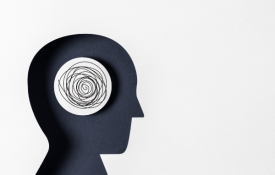
Scientists discuss how individuals and societies are affected when they view the world through the lens of fear characteristic of the news today.

Fear is a critical survival tool -- but too much can be debilitating, resulting in an anxiety disorder or phobia.

Psychological scientists are examining memory reconsolidation as a way to dampen the memory of a trauma.
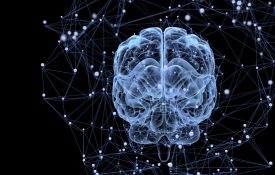
Our perceptions of risk don’t always match reality, being swayed by factors beyond logic and numbers.

Many animal species transmit information via chemical signals -- and humans may be among them, psychology researchers find.

For those with trypophobia, the sight of clusters of holes in various formations can cause intensely unpleasant visceral reactions.

Can simply describing your feelings at stressful times make you less afraid and less anxious? Researchers investigate.
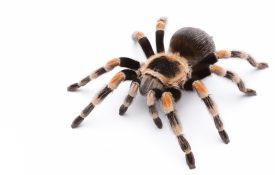
Studying how infants and toddlers react to scary objects can help reveal the developmental origins of common fears and phobias.

Watching someone safely interact with a supposedly harmful object can help to extinguish conditioned fear responses, and prevent them from resurfacing.
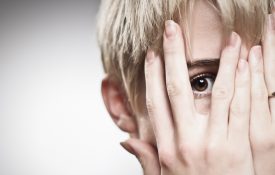
The modern interest in Halloween has really nothing to do with the paranormal, according to psychological scientists.

Research suggests that reminding leaders of their own mortality may be one way to encourage them to make better, or at least less selfish, decisions.

Diverse emotions are based on common building blocks of pleasure, displeasure, and arousal, according to new research
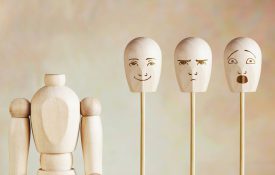
The National Institute of Dental and Craniofacial Research (NIDCR) has issued a funding opportunity for research into the causal mechanisms behind dental fear and anxiety.

Scientists find that simply encouraging people to reframe the signs of stress before public speaking was a surprisingly effective way of handling stage fright.
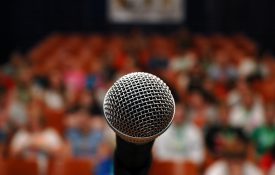
Attempting to conceal anxiety may hinder individuals nonverbal communication, increasing instances of social rejection.

Many people spend Halloween celebrating, and even embracing, fear. But a psychology study suggests a new way to keep fear in check.
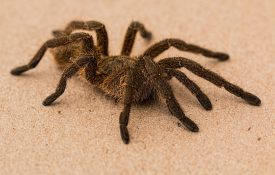
Scientists and environmental advocates may have more success convincing people about the dangers of global warming if they communicate those risks in less apocalyptic ways, research suggests.

APS's Research Topic on Fear explores why we are scared of some things and not others.

Women are less likely to ask questions during Q&A session at academic conferences. They may fear professional backlash, new research suggests.
